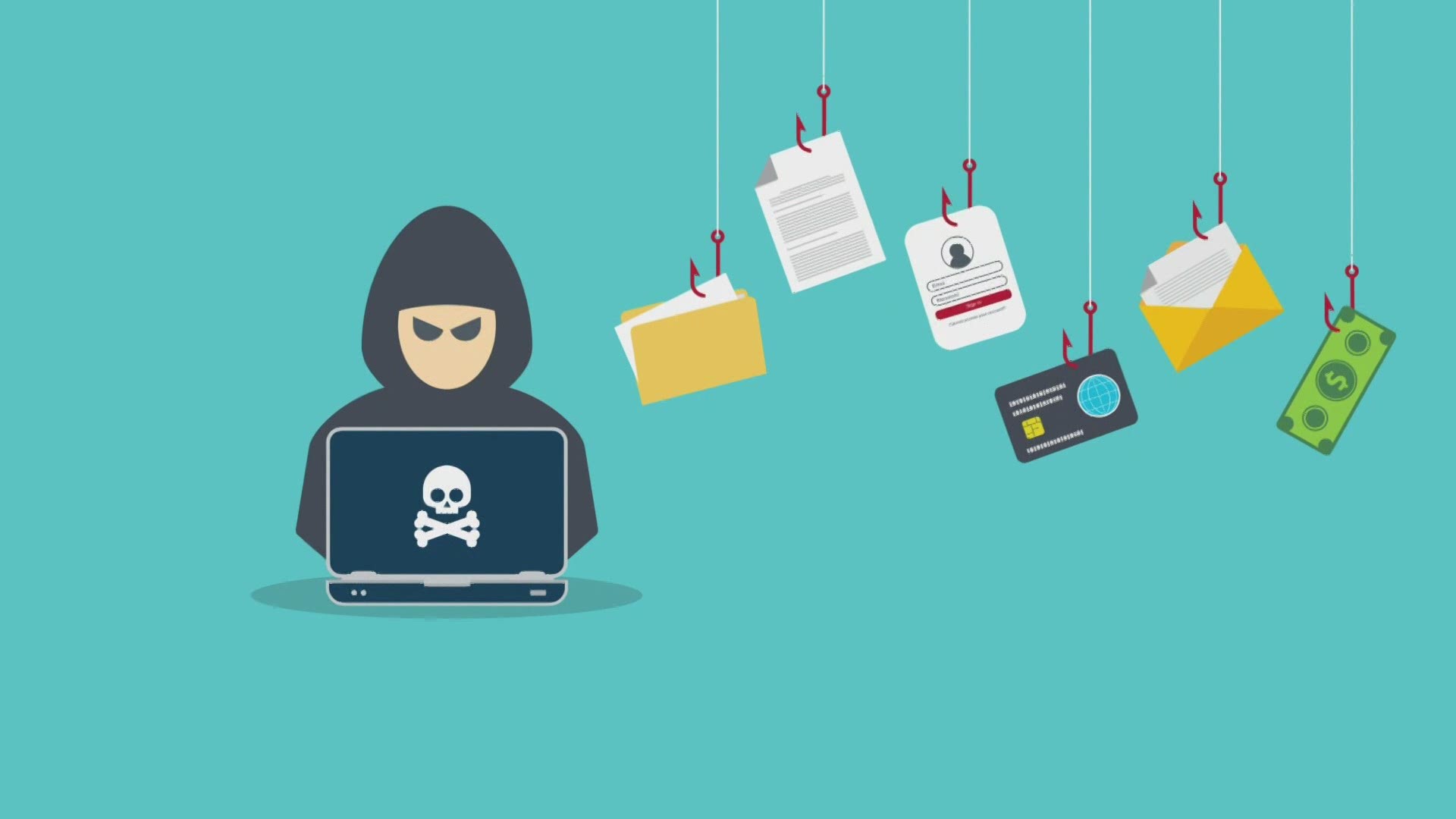GRAND RAPIDS, Mich. - The dark web is where hackers can illegally share stolen financial and personal data. And hackers are keeping up with consumer trends.
Hack Number 1:
Since the start of the pandemic, online shopping scams have skyrocketed. And most recently, some Amazon shoppers are getting packages they didn’t order. GVSU Cybersecurity expert, Professor Vijay Bhuse says hackers are sending items to confirm that the address is correct. Typically the items shipped are cheap, maybe $.50 or $1.00. He says the hackers are likely doing this to be able to write online reviews to score some cash or to get free Amazon products by writing reviews.
And while its certainly not a high paying gig, click here to read more about companies that pay for writing online reviews.
Hack Number 2 is targeted at your smart phone:
Hackers will modify their scams based on consumer behavior changes. They know that most people do everything on, and control almost everything from their cell phones, like banking.
“More malware for cell phones -- we have switched to cell phones for a lot of things, including banking, so more malware for cell phones, more malware internet things like the Ring doorbell, smart camera and smart TVs so that platform has shifted a little bit from your computer to other devices," says Professor Bhuse.
The best way to protect your cell phone from hackers is to never click on any links sent to you via email or text unless you can confirm it is safe and intended for you. If you don’t recognize the sender, do not click on anything. Same with phone calls that come in from unknown numbers.
Hack Number 3: Thieves targeting your personal information where it lives:
Data has become a commodity. And we keep giving out our information again and again, to multiple companies.
And what do they do with your information? Sell, sell, sell!
Professor Bhuse gave us the following example to think about for this one:
You’re in the grocery store, and you go through the self-checkout line to buy wine or beer.
And a worker is flagged to check your I.D. to make sure you’re 21 years old.
But then what do they do? They type it into the computer.
But why do they need to store my birthdate?
“They collect the data, businesses collect data from their customers and sell it to each other," explains Bhuse. "They just need to look at your ID and then they enter numbers in, I don’t understand that part. You check my I.D., fine, I don't think you need to enter my age."
So in this scenario, now the grocery store has the birth date stored, and it’s associated with the credit card used to pay for the groceries, and the company will sell that data to other companies, which ultimately means, if any of those companies get hacked, then all of the personal information is out there for the public, or hackers to steal.
So this your wake up call.
We are living in the age of T.M.I. (Too Much Information)
Experts say you can question companies about the personal information they require. If they insist for certain data in order for you to complete your purchase, think about which pieces of information they actually need in the transaction. Go ahead and omit a character or two from the email you provide, or change some digits of your phone number.
For the really passionate population, experts encourage joining or starting an advocacy group or consumer watchdog campaign, and most of all, stop just giving away your data.
►Make it easy to keep up to date with more stories like this. Download the 13 ON YOUR SIDE app now.
Have a news tip? Email news@13onyourside.com, visit our Facebook page or Twitter. Subscribe to our YouTube channel.

